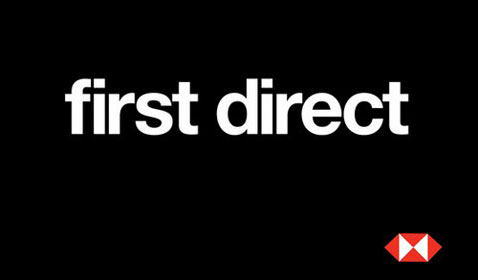First time buyers who bought a property in 2007 face a gap of £62,281 when trying to move to the second rung on the housing ladder according to research from online bank first direct.
The gap in cash for a deposit to secure their next step is £6,464 on average, while the additional amount they need to borrow is £55,817.
The average first-time buyer house in 2007 was bought for £167,417 with a £16,742 deposit. However, the average fall in house value of £7,819 means they now only have £8,923 of their original deposit left. Assuming they have been making capital repayments on the mortgage for the past five years, these first-time buyers would now have paid off £14,600 of the loan, giving them a total of £23,521 equity, first direct explains.
When looking to move, the average house price now is £229,435, meaning a 10% deposit, as well as moving costs for stamp duty, conveyancers and estate agents amounts to £29,985, leaving a gap of £6,464 between their current equity and the amount of cash they need to move house.
The average second time buyer who first bought in 2007, also requires additional borrowing on their current mortgage of £55,817 in order to move into the average 2012 home. When they bought first time around, they borrowed an average of £150,675 – 3.42 times their household income of £44,000. However, the jump in asking prices between first time buyer and second time buyer properties is greater than income inflation meaning they now need to borrow £206,492 – 4.2 times their income of £49,192.
First direct calculates that as a result, an estimated 360,000 first time buyers who bought in 2007 may be “trapped” in their first homes.
“In a climate of falling house prices in many parts of the country, first time buyers can no longer rely on funding their next move with profits from the sale of their home,” said Ian Bartholomew, senior mortgage product manager at first direct.
“Those that haven’t taken steps to counter this may find that they can’t afford a deposit and the additional costs associated with moving, when looking to reach to the next rung of the ladder.
“For younger homeowners hopeful of moving to a bigger property in years to come, overpaying on their mortgage is the key to building up enough equity to enable their next move.”
